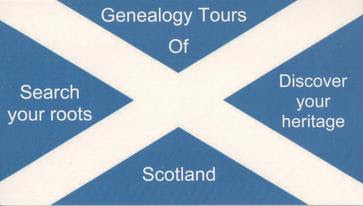Library and Archives Canada, Canada’s national archives, recently changed their website. And the change is nothing short of absolutely disastrous. Absolutely disastrous. It no longer functions as a way for the public to engage with the records in the Archive’s collections. It appears to be designed for and only useable by those with a Master’s Degree or PhD in Archives and Record Management.
Way back when, the website was very user friendly. Albeit there were far fewer records accessible in digital format. But within a couple of clicks, anyone researching could find what they were looking for.
Even the
site the way it was before this … change (it’s definitely not an improvement or
upgrade) was easy to use once you grasped how. Records in digital format could
be accessed, reference numbers for record sets could be found, and even in many
cases, microfilm reel numbers were available. Anyone wanting to “know more”
could read the plethora of guides available that provided a deeper understanding
not only of the records, but how and why they were collected. The website truly
was a treasure trove of knowledge. Useful knowledge. Not so anymore.
The new format opens page after page after page of verbiage. Words that don’t matter to anyone not studying to become an Archivist or Manager of Records. It feels like someone has taken their dissertation and padded it with thousands and thousands of useless words so that they can obtain the required number of words that the Professor has asked for. There are no direct links to any searchable databases. There are no direct links to “how to” guides about the records or collections that explain how to easily (and I mean easily) access the information you are looking for.
The new format is not user friendly. It does not allow for user engagement. It apparently did not pass by a Users Group of people who were not employees. And while LAC may be the repository of Canada’s documented history and heritage it is pretty worthless if it is inaccessible to the people of Canada.
Missed
opportunity to move into the digital world and easily engage historians, social
historians, family historians, political science historians and so many other user
groups.

No comments:
Post a Comment